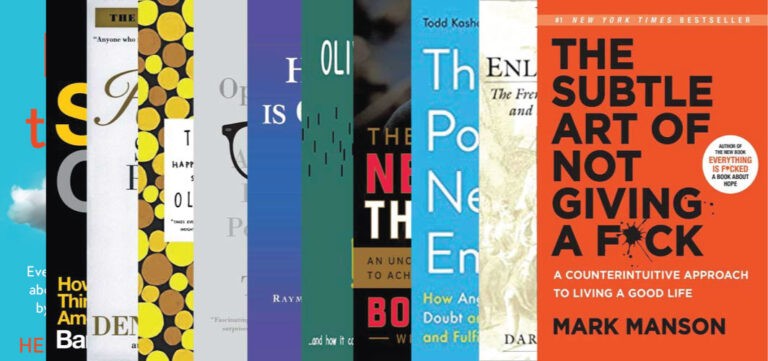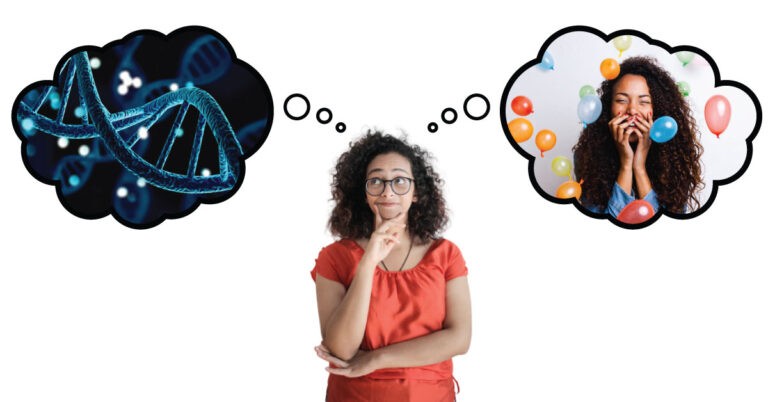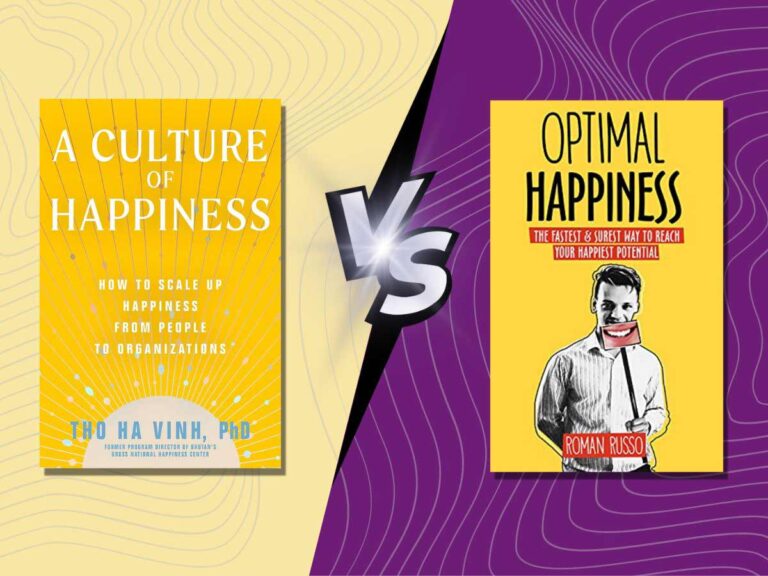
Often, people tell me that happiness cannot be experienced without unhappiness, in many ways justifying existence and perpetuating negative emotions.
What people don’t realize is that both happiness and unhappiness are like muscles that we exercise, and the more we use them, the stronger they become. For example, the more happiness we experience, the more often and stronger positive emotions we feel, which also holds true for negativity.
However, we can’t have both strong positive and negative emotions at the same time, meaning that we are either more positive or negative. So if you regularly experience stronger negative emotions, it’s unrealistic to suddenly become perpetually happy. You need to progressively build that happiness, as even if something positive happens, you may still see it as a small victory in a sea of defeating emotions, enjoying fleeting moments of joy before sinking back into unhappiness.
This process is similar but opposite for positive emotions. For instance, if you are often happy, sudden negative emotions will have a temporary effect on you, underscoring the importance of being as positive as possible while rejecting negative emotions like a plague.
The happiest people in the world know this all too well, as they seek reasons to be happier and avoid negativity because although it’s true that happiness cannot be experienced without unhappiness, it’s only partially accurate.
For instance, saying that positivity can be toxic is true, but this applies only in rare cases. Hence, focusing on toxic positivity events may lead you to miss out on much more positivity instead of benefiting from avoiding negativity.
And this is also true when saying that happiness can be experienced in the presence of unhappiness. By default, people tend to find even more reasons to continue being unhappy rather than embrace happiness.
In this way, as one of the happiest people in the world, I don’t care about the benefits of negativity or the negative side of positivity. Although they exist, they are marginal at best, while clinging to them is a reason why I have so many clients coming to work with me in the first place.
I’ve actually studied this topic in a lot of detail, dedicating the whole of chapter 2 in my book, Optimal Happiness, to show why people should embrace happiness and reject unhappiness due to the overwhelming one-sided benefits of happiness over unhappiness.
For example, positivity feels good, and negativity feels bad. This is why people seek therapy, as when they feel constantly and perpetually bad and don’t know how to fix these emotions, they seek help because they don’t want to feel that way.
Furthermore, the science of happiness states that the benefits of happiness are for the most part one-sided, as you will almost always be better off if you embrace positivity and reject negativity. For example, happier people are on average more productive, motivated, earn more money, have better relationships, their bodies function better, they are healthier and they live up to 10 years longer. Virtually every aspect of their lives gets better when people are happier compared to their unhappy counterparts.
Again, you were designed to be happy. Your body and mind function better when you are so. Your body literally tells you, “I want to feel happier, and I don’t want to experience negative emotions.” We should listen to this and act accordingly.
Overall, happiness and unhappiness are two opposite sides of a spectrum, so to know happiness, we need to know unhappiness. However, this knowledge doesn’t have to be practical, and it can be exclusively theoretical. It is completely possible to be happy most of the time without suffering any handicap because of this.
In fact, most people are handicapped from experiencing too much negativity, never truly learning the joy of being happy most of the time, as biology and God (if you believe in it) meant us to be. However, it is totally possible to live in this way, and this blog teaches you how to do so.
So get familiar with our other blog posts or subscribe to our happiness program.
Stay happy.















4 thoughts on “Happiness Cannot be Experienced Without Unhappiness?”
Nice Article! Couldn’t agree more. The positive things only get their meaning because we experience the negative too.
It changes your perspective on things in such a way that you could feel gratitude for living the negative too.
Hello Steve,
Positivity and negativity are two poles of our emotional experience. However, we can and want to experience as many positive moments as possible, as simply positivity feels good and negativity feels bad, so we are attracted to positive emotions, while we are repelled by any negative ones. Additionally, the more positive we are, the more advantages of positive emotion we experience, such as a higher average salary, better relationships, better health, higher productivity, and less time, money, and energy spent trying to feel good. Overall, our bodies are trying to tell us “feel good!” so that should be our #1 goal, to feel happy. Gratitude is there to help us remember that, more often than not, we have everything we need to feel good now. Tomorrow is uncertain and the past is gone, so we shouldn’t obsess about these, as true and unconditional happiness can be experienced only in the now (https://optimalhappiness.com/how-to-live-in-the-present-moment/).
Thank you for your comment!
I agree about the happiness muscle! Happiness is a practice. I am curious if you think we need to experience hate/trauma in order to understand love. I think the first love we experience is that of our mothers/fathers when we are first born (in a healthy situation.) However, it is entirely possible that that experience of love is only felt (although not understood by a baby) because the actual process of birth is so traumatic. Thoughts?
Interestingly, because your question is so common, I wrote another blog post exactly about this issue: https://optimalhappiness.com/happiness-unhappiness/. However, in line with the above blog post, the more hate or trauma you experience, the harder it will be to experience true and unconditional happiness. :)